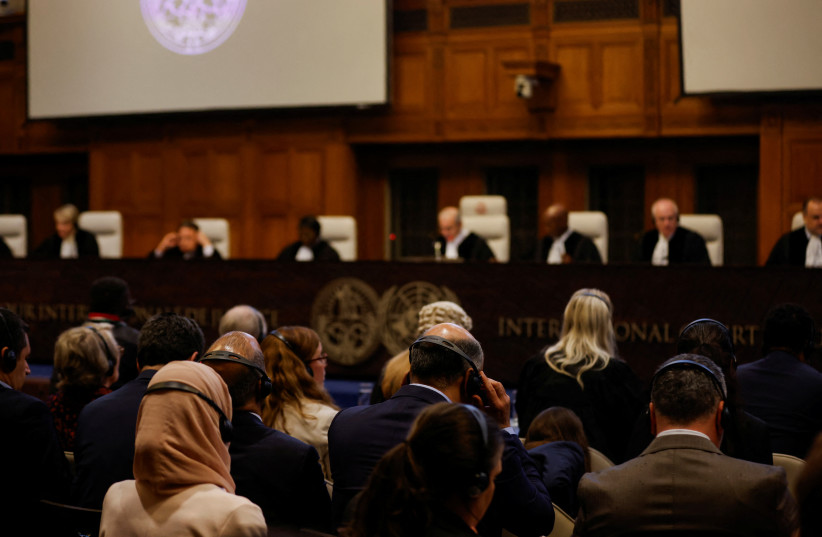South African President Cyril Ramaphosa has been re-elected for a second term, having won a majority of votes in the National Assembly, the chief justice said on Friday.
Ramaphosa got 283 votes versus 44 for Julius Malema, the leader of the opposition Economic Freedom Fighters party.
Earlier in the day the Democratic Alliance party said it would vote for Ramaphosa as part of an agreement with the African National Congress to form a unity government.
General elections in South Africa were held on May 29 to elect a new National Assembly, and were the seventh democratic elections held since the end of apartheid.
Strained ties with South Africa's Jewish community
However, the elections, along with strained relations with Israel, have led to tensions with South African Jews. The Jerusalem Post reported in November that Israel’s embassy in Pretoria was temporarily closed, and several South African politicians have criticized Israel’s war in Gaza.

Additionally, according to a press release on behalf of the South African Zionist Federation (SAZF), South Africans in Israel (Jewish and non-Jewish), were unable to vote in their national elections since both the Department of International Relations and Cooperation (DIRCO) and the Electoral Commission (IEC) failed to inform the public that the temporary closure of the voting mission would not be lifted in time for the elections which were supposed to take place between 17-18 May.
South Africa initiated the legal case against Israel at the International Court of Justice in The Hague in December, claiming Israel violated its obligations under the Genocide Convention.
The International Court of Justice issued a ruling in May that demanded the IDF halt operations in Rafah, with South Africa welcoming the Court’s decision.
Arthur Lenk contributed to this article.
